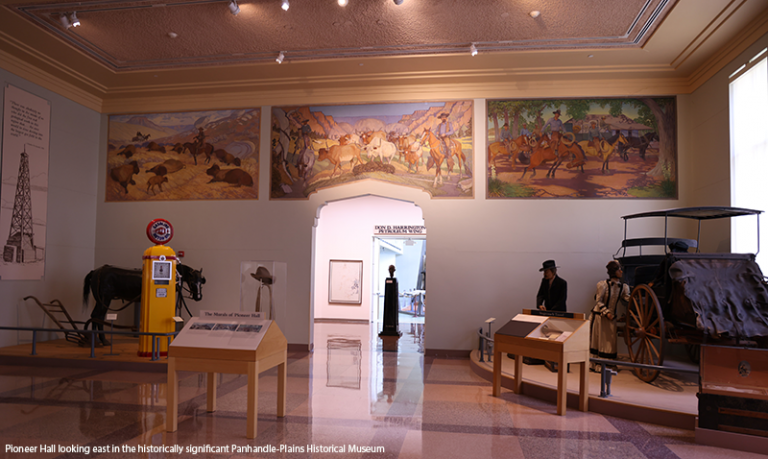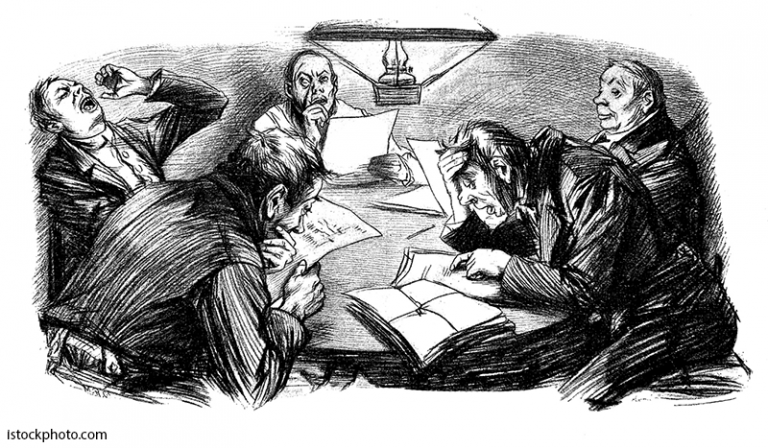From any perspective performance should be central to the work of faculty. Not performance judged by administration, but performance judged by peers. Nothing else ensures relevancy and quality of judgment.
From the time of Plato’s Academy and Aristotle’s Lyceum, academic freedom and scholarly creativity have been highly prized academic values. Ideally, successes and failures of individual academics are based on the values that other academics (and students) place on their work. Performance, not politics, is what counts.
Charles W. Baird, Professor of economics and chairman of the Department of Economics at California State University, Hayward.
________________________________________________________________________
Guilds existed for the transfer of skill from one generation to the next. It was their primary purpose. Should unions take on that purpose today, no one would question their value or motives.
Trade unions still participate in journeymen and master craftsmen (historical terms) training to increase skill, quality of work, and the reputation of their craft, and in addition, offer protections from unfair labor practices. Unfortunately, not all unions bring the same energy and commitment to preparing the next generation.
The intergenerational passing of skill is the great, everlasting benefit of trade unions.
In my experience, faculty unions do not consistently or intentionally pass on teaching, research or service skills to new members of their profession. Nor do they accept responsibility for the success or failure of their members.
These would be worthwhile pursuits.
The notion of internship and apprenticeship are similar but unequal. PhD and Master’s candidates are indeed apprentices to faculty members in the pursuit of knowledge and insight. Skills are surely passed on, but these are not the concern of the union. These faculty may be members of a figurative guild, but certainly not a contemporary collective bargaining unit.
Some unions work to make sure that no expectation of merit is ever used to disqualify an “apprentice” from continuance in the profession. Rather, the union, through collection of dues and representational responsibilities, makes sure that everyone who pays dues is protected from any kind of negative consequences for inferior performance. This is not the traditional notion of the apprentice system and, to be fair, rarely admitted as a role of a contemporary trade union of faculty members.
Reconciling these perspectives of what a union should be would make such an organization invaluable to a university. Responsibility for the quality of the work produced by membership should be a shared endeavor.
Pride of craft, with the opportunity to ply one’s trade based on performance is an ancient concept predating guilds. Professional dedication to excellence and quality control is given away too lightly as universities struggle to identify faculty members who don’t measure up. What’s needed is peer intervention and remediation.
In 13th century England, the government intervened in the operation of guilds, not because government or management were mistreating workers, but because guilds were charging high fees while instituting exclusionary practices that were of no measurable social benefit. Workers and the public needed to be protected from the guilds.
In many nations, Australia and France for example, the government has interceded to create an intergenerational commitment to craft. Unions have been left to argue solely for benefits and working conditions, leaving quality to management.
The Babylonian Code of Hammurabi promoted the idea that workers transfer skills from one generation to the next, four thousand years ago, because skilled performance created benefits that were both individual and collective. It promoted excellence and was believed to encourage good citizenship.
If the purpose of collective bargaining is to secure better working conditions, better hours, and better benefits, that case should be presented and the discussion concluded. If unions have no interest in the quality of the performance of their membership, that too should be stated clearly, and the responsibility for excellence openly, without apology, given to management. No shared governance by design, protection of members even when work is of low quality, and no effort to enhance teaching and scholarly excellence by default.
Trying to have it both ways kills progress and a more secure future.
The idea of shared governance requires that unions be stewards of their craft, and seek to evaluate and guarantee the performance of their members. In the case of collective bargaining, that responsibility has been given away, and a brand new relationship has been brought to life. The Guardsman of the city of Oz had it right, “That’s a horse of a different color”.







